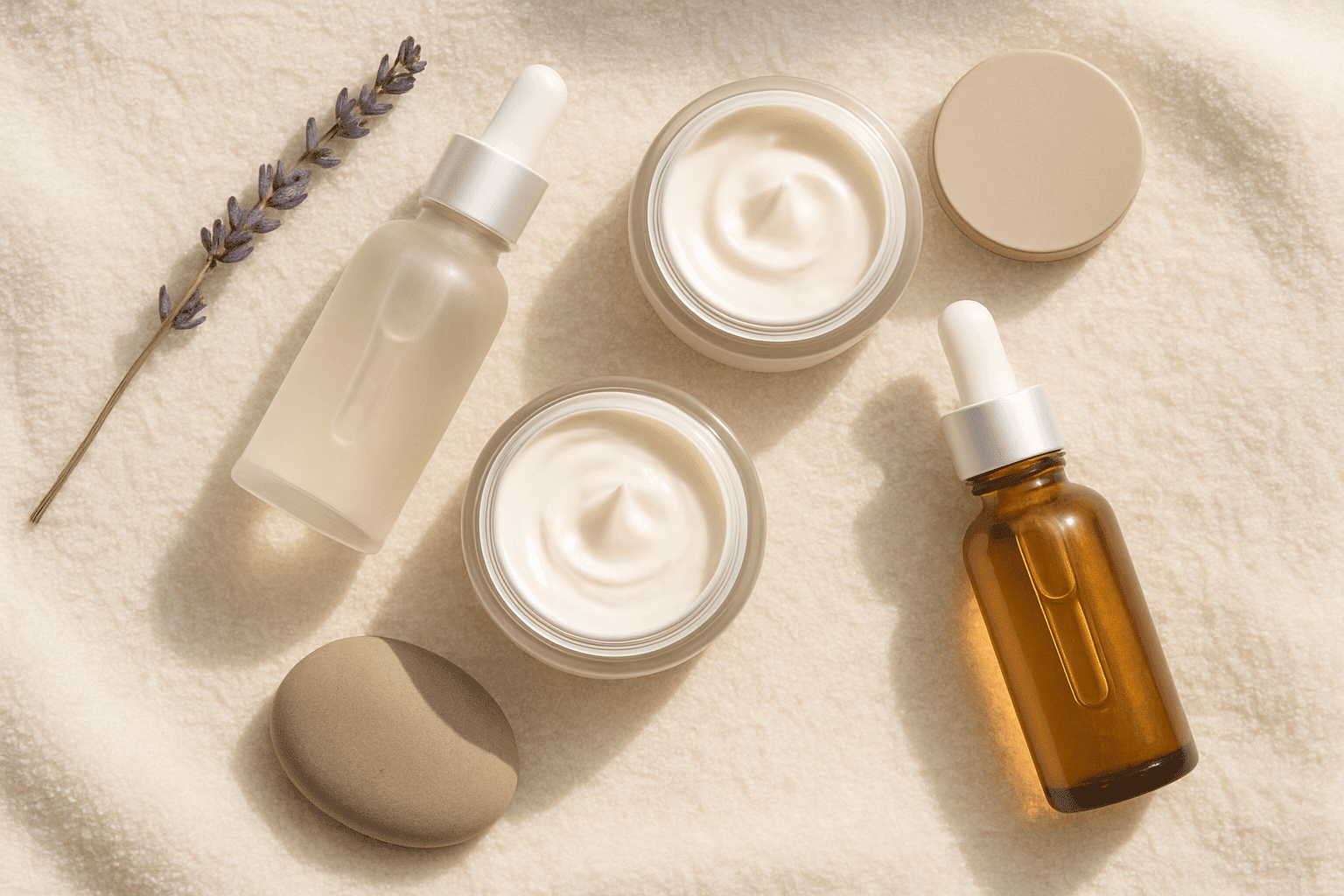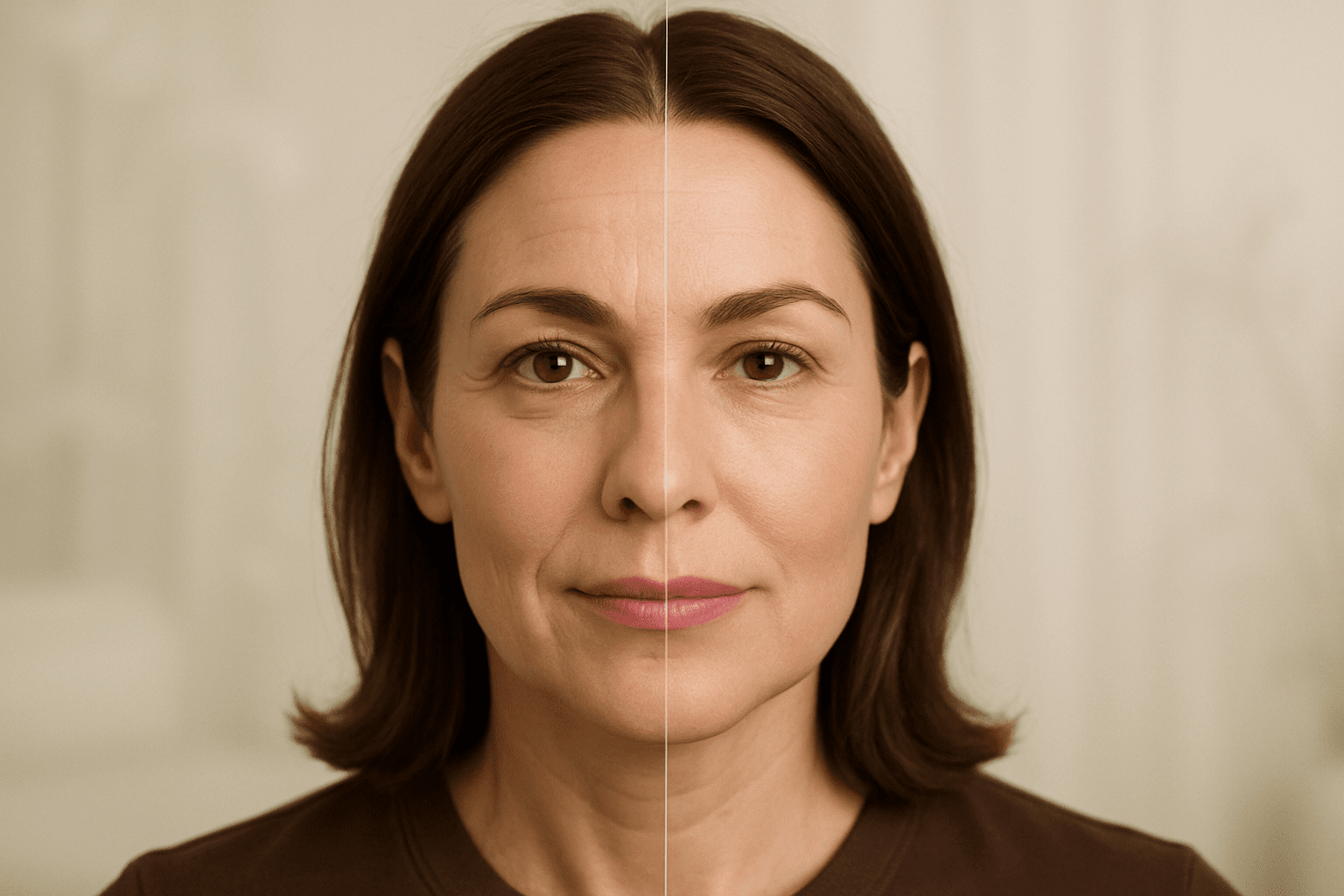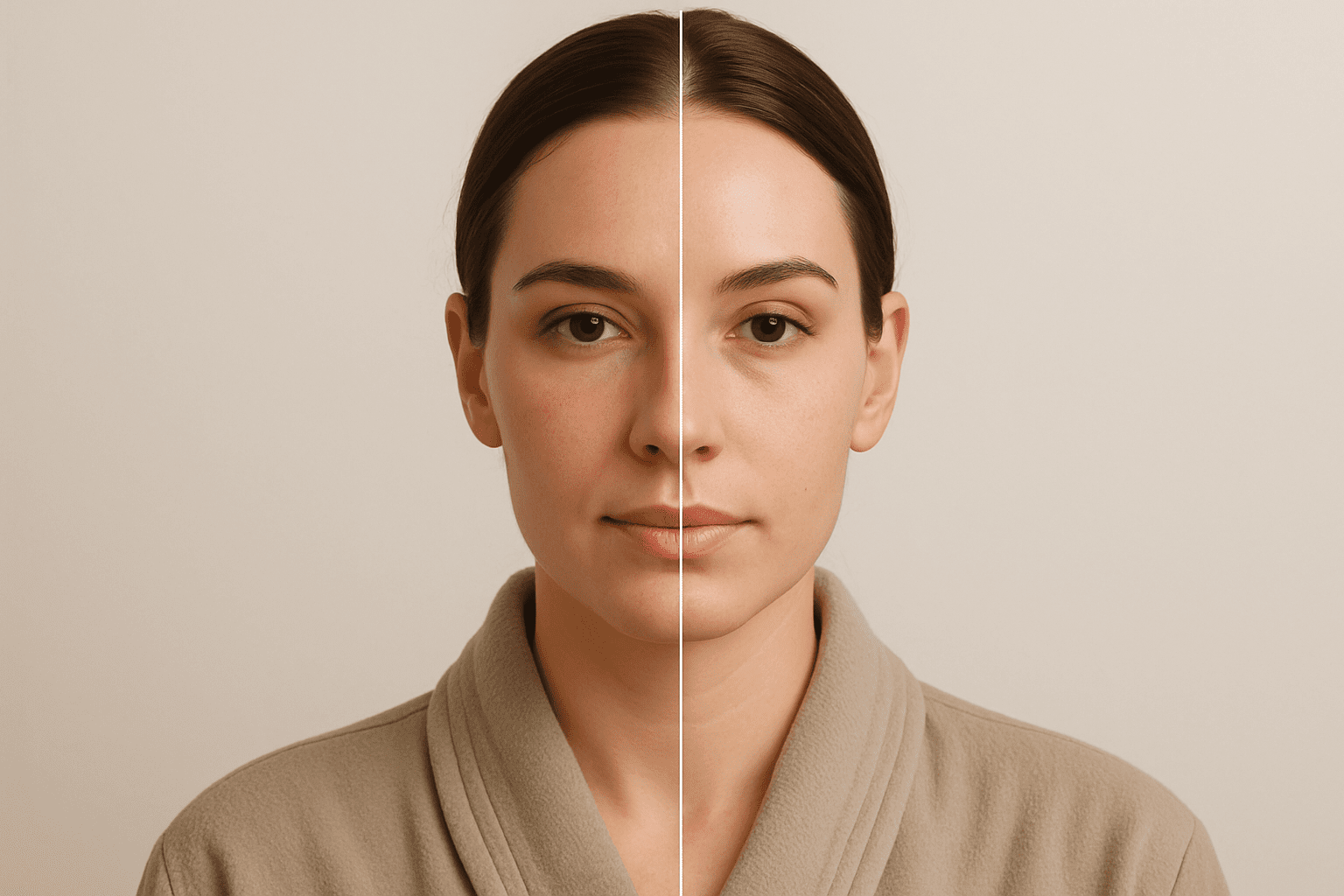Let’s cut to the chase: Not all skincare is created equal. If you’ve ever wondered why your favorite influencer’s skin glows brighter than your bathroom mirror after a deep clean, the answer probably lies on the top shelf at your local med spa—not the drugstore clearance rack. The benefits of medical-grade skincare go far beyond slick packaging or luxury vibes; they’re rooted in science, proven results, and real skin transformations. If you’re tired of “meh” results from mass-market brands, it’s time to understand what sets medical-grade formulas apart—and why your skin deserves better.
Jump To:
TLDR – Quick Guide
- Medical-grade skincare = higher concentrations of active ingredients for more dramatic results.
- Backed by clinical testing and dermatologist oversight for proven safety and efficacy.
- Deeper penetration into the skin thanks to advanced delivery systems—unlike most drugstore formulas.
- Targeted solutions for real skin concerns (think acne, hyperpigmentation, aging).
- Long-term investment for healthier, more resilient skin.
- Drugstore brands may offer affordability, but often deliver diluted results with more fillers and fragrance than transformative ingredients.
Detailed Breakdown
What Exactly Is Medical-Grade Skincare?
“Medical-grade skincare” (also called cosmeceuticals or professional skincare) refers to products formulated with potent, clinically tested ingredients, often available only through licensed professionals or med spas. These aren’t your average face creams—they’re regulated to contain effective concentrations of active ingredients and are backed by real science, not just marketing hype.
By comparison, most drugstore skincare is formulated to be as gentle (read: bland) and widely appealing as possible, sacrificing potency and performance for broad-market safety and low cost.
The Science Behind the Benefits of Medical-Grade Skincare
Higher Concentrations of Active Ingredients
Medical-grade skincare isn’t shy about packing a punch. Think prescription-level retinol, high-potency vitamin C, or advanced peptides—delivered in amounts that make a noticeable difference. Drugstore brands are required to stay within certain low thresholds to avoid irritation and litigation, but that also means results are often, well… watered down. (Source)
Clinical Testing and Dermatologist Involvement
Forget celebrity endorsements—professional skincare undergoes rigorous clinical testing for both safety and results, overseen by dermatologists and sometimes even the FDA. Brands like SkinCeuticals, Obagi, and ZO Skin Health routinely publish studies and whitepapers that drugstore lines simply can’t match. (Source)
Deeper Skin Penetration
It’s not just what’s in the bottle, but how far it gets. Medical-grade products are designed with delivery systems that penetrate the deeper layers of your skin, targeting issues at the source. Most over-the-counter creams sit on the surface—so you’re paying for results that never actually make it to the party. (Source)
Targeted Solutions
From stubborn acne to melasma or serious photoaging, medical-grade lines offer potent solutions for specific concerns. Instead of generic “one size fits all” formulas, you get tailored regimens that work synergistically—often prescribed by a skincare professional after a thorough assessment.
Investment in Skin Health (Not Just Cosmetics)
Professional skincare isn’t about short-term cover-ups; it’s about building long-term skin resilience, preventing future damage, and addressing the root causes of aging and dysfunction. When you invest in medical-grade skincare, you’re playing the long game—and your future face will thank you.
Why Drugstore Brands Don’t Stack Up
Drugstore options are convenient, budget-friendly, and widely available. But that accessibility comes at a price. The lower concentration of actives, heavy use of fillers, and lack of robust clinical trials means you’re often buying a pleasant experience—not a potent treatment.
For example, the average over-the-counter vitamin C serum contains around 2–5% active ingredient, whereas a medical-grade equivalent could deliver 15–20% in a stabilized form, making it vastly more effective. (Source)
Cost vs. Value: The Real ROI of Medical-Grade Skincare
Yes, medical-grade skincare usually costs more up front. But when you factor in fewer wasted purchases, faster visible results, and less money spent trying to fix issues with layering cheap products, the investment starts to make sense. Imagine upgrading from fast food to a nutritionist-approved meal plan—your body (and skin) will thank you in the long run.
Who Should Use Medical-Grade Skincare?
Anyone with a real skin concern, stubborn issues that haven’t responded to drugstore treatments, or a desire for maximum results with minimum trial and error. If you’re serious about your skin, it’s worth consulting with a licensed provider to design a regimen customized for your goals.
Key Takeaways
- Medical-grade skincare delivers more potent ingredients, deeper skin penetration, and results you can actually see.
- Backed by clinical trials and dermatologist expertise, these products address real concerns—not just cosmetic cover-ups.
- Drugstore brands offer affordability, but often lack the efficacy, precision, and proven benefits of professional-grade formulas.
- Investing in medical-grade skincare is an investment in your long-term skin health and self-confidence.
- For anyone serious about their skin, making the switch is a game-changer—your face will thank you for years to come.
FAQs
1. Do medical-grade skincare products really work better than drugstore brands?
Absolutely. Medical-grade products contain higher concentrations of active ingredients and use advanced delivery systems, resulting in more dramatic and longer-lasting results compared to most drugstore alternatives.
2. Are medical-grade skincare products safe for sensitive skin?
Most professional skincare lines are formulated for maximum efficacy and safety, often with options for sensitive or reactive skin. However, it’s wise to consult a licensed provider to ensure the right product match for your skin type.
3. Why are medical-grade products only sold by professionals or med spas?
These products often require professional oversight because of their potency and need for proper usage. Licensed providers ensure that clients use products safely and achieve optimal results through tailored regimens.
4. Will I see results faster with medical-grade skincare?
Generally, yes. Due to their higher concentrations and deeper penetration, many users notice improvements in texture, tone, and clarity within weeks—far faster than with most over-the-counter products.
5. Are the benefits of medical-grade skincare worth the higher cost?
For most people seeking real, lasting changes in their skin, the answer is a resounding yes. The initial investment pays off in the form of more efficient routines, fewer failed experiments, and healthier skin over time.



